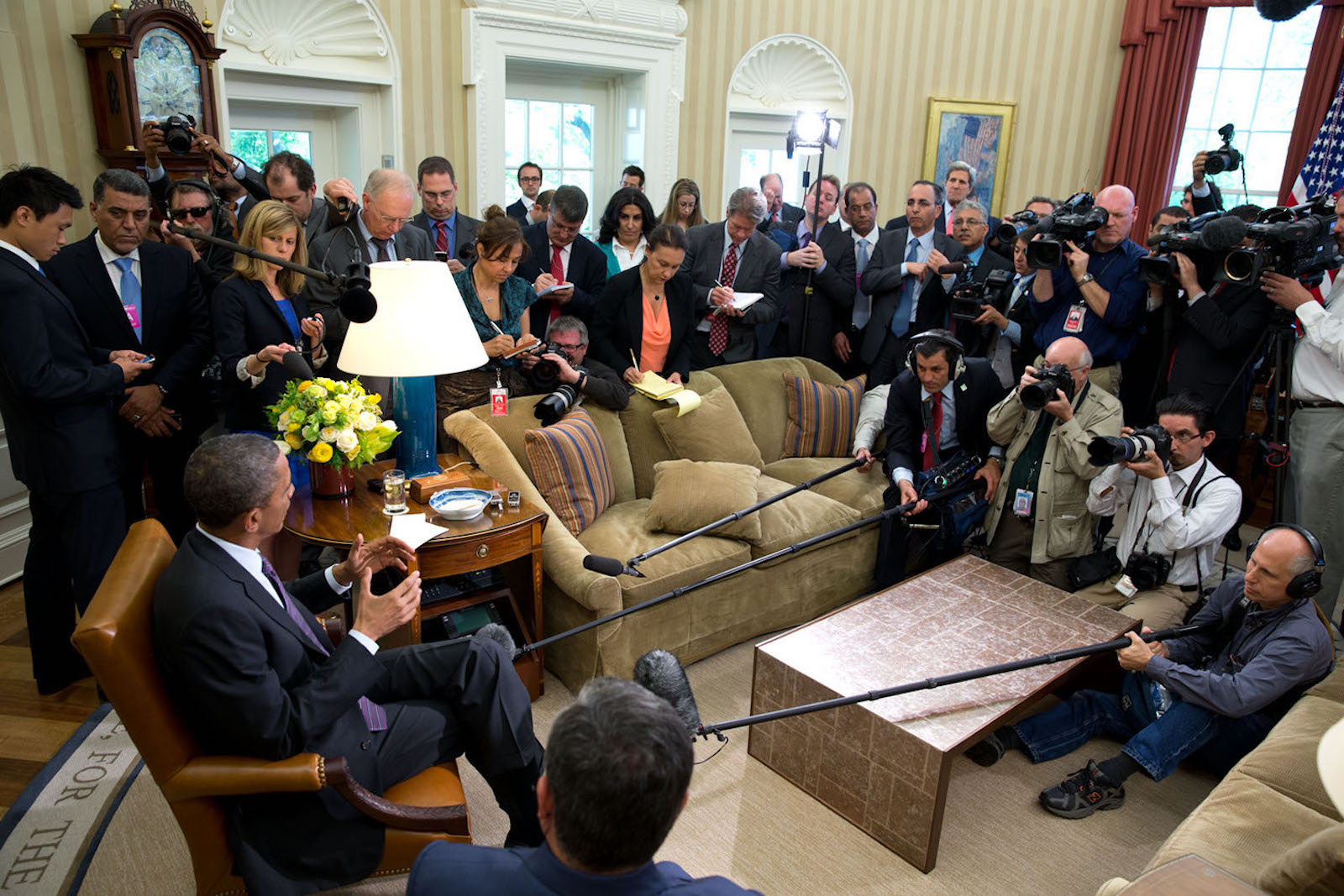The Local newsletter is your free, daily guide to life in Colorado. For locals, by locals.
If 2016 taught us anything, it’s that pretty much everything in America—our political parties, electoral system (from polling to voting), physical infrastructure, economy, and attitudes about any number of societal issues—desperately needs a makeover.
This may be truest of all when it comes to media. The American press has bollixed things so badly that we’re now ahead of only Vladimir Putin, the Russian dictator, in our net approval ratings.

The unfortunate and inescapable conclusion is that we brought it on ourselves. Journalism in America probably reached its apex with the Watergate scandal and President Nixon’s subsequent resignation. But the downside of that illustrious chapter in the media’s history is that it launched the trend toward seeing reporters (and reporters wanting to be seen) as quasi-celebrities rather than dogged scribes chasing down and exposing corruption and injustice.
About 40 years after Nixon departed the White House, the movement toward journalist-as-rock star is in full swing, albeit far from complete. The advent of social media means we’re all supposed to establish and fortify our personal “brands” because doing so will—hopefully and theoretically—drive eyeballs to our employers’ websites.
This newly defined mission doesn’t have to get in the way of good reporting and storytelling, but as reporters’ focus has shifted inward, it’s thrown blinders around our outward gaze—the very approach that opens your point of view to the outside world and welcomes potential story leads from wherever they may come, not just the ones spoon-fed to us by the powers that be.
Because many in the press (particularly the political press) are obsessed with “access,” there’s a sense that we, as a group, are more interested in protecting our individual or company cocoons than in digging deeper to figure out what the real story is.
To wit: A kerfuffle recently began brewing among the White House press corps, who have become concerned about Donald Trump’s apparent intentions to change the rules about how he disseminates information to the media. The new president has also suggested that he might play favorites when it comes to granting that access we reporters have come to rely upon.
If Trump is preparing to limit the transparency of his administration, it’s unquestionably concerning. (He also promised repeatedly on the campaign trail to “open up” libel laws, thus subjecting reporters and outlets that are critical of him to potentially crippling legal actions.) But we in the media should also see this as an opportunity, because journalism 101 teaches us that if someone refuses to speak with you, it’s probably because he’s hiding something, and it’s the reporter’s job to use ingenuity and other avenues to uncover what the secrets are.
Here in Colorado, the media could start its makeover by returning to another journalistic adage: Follow the money. For example, all those construction cranes looming over our landscape and the rampant development happening throughout the Front Range might simply be the signs of a strong economy; it’s up to us in the media to sort out whether that’s indeed the case, or if some part of those efforts are designed to enrich the already powerful while disabling or displacing people who can’t afford to defend themselves from the encroachment.
As we head into an uncertain new era, or even a terrifying unknown, the basic mission of journalism hasn’t changed. We still need to push, pull, probe, and dig if we want to discover the truth about any story; we just need to eschew the comforts that have made us so complacent, get out of our offices and report rather than playing stenographer for the various party lines. The future of our profession, and possibly our democracy, depends on it.
Follow 5280 editor-at-large Luc Hatlestad on Twitter at @LucHatlestad.








